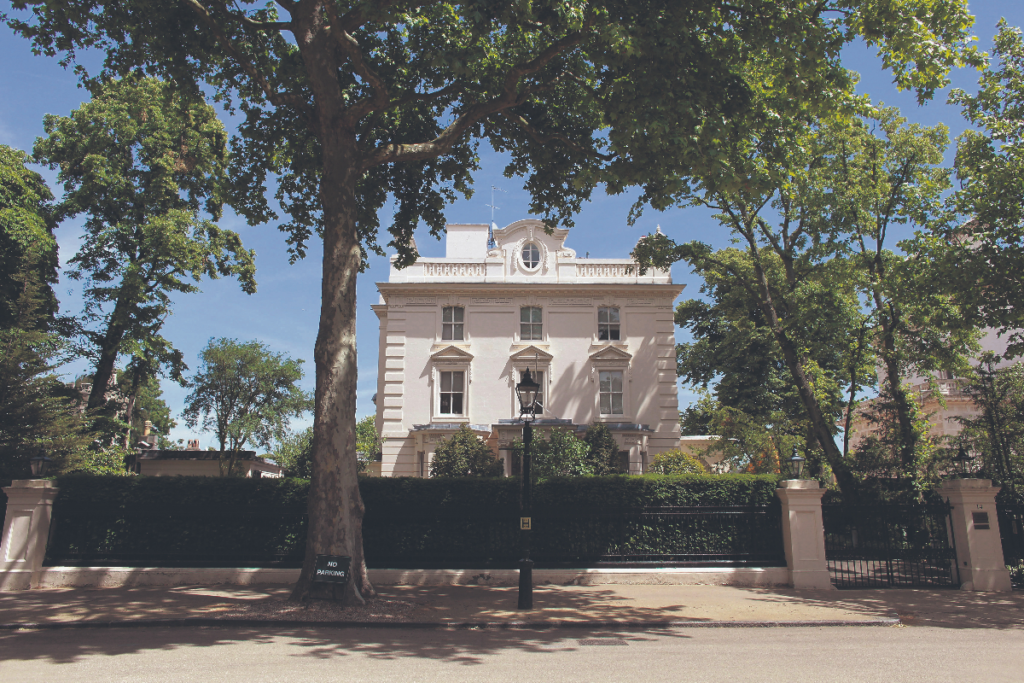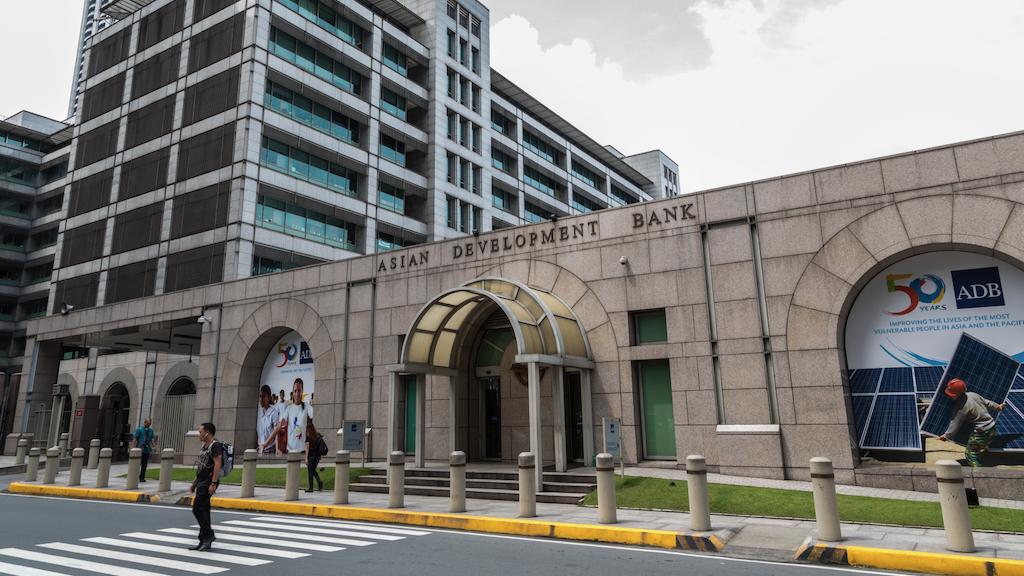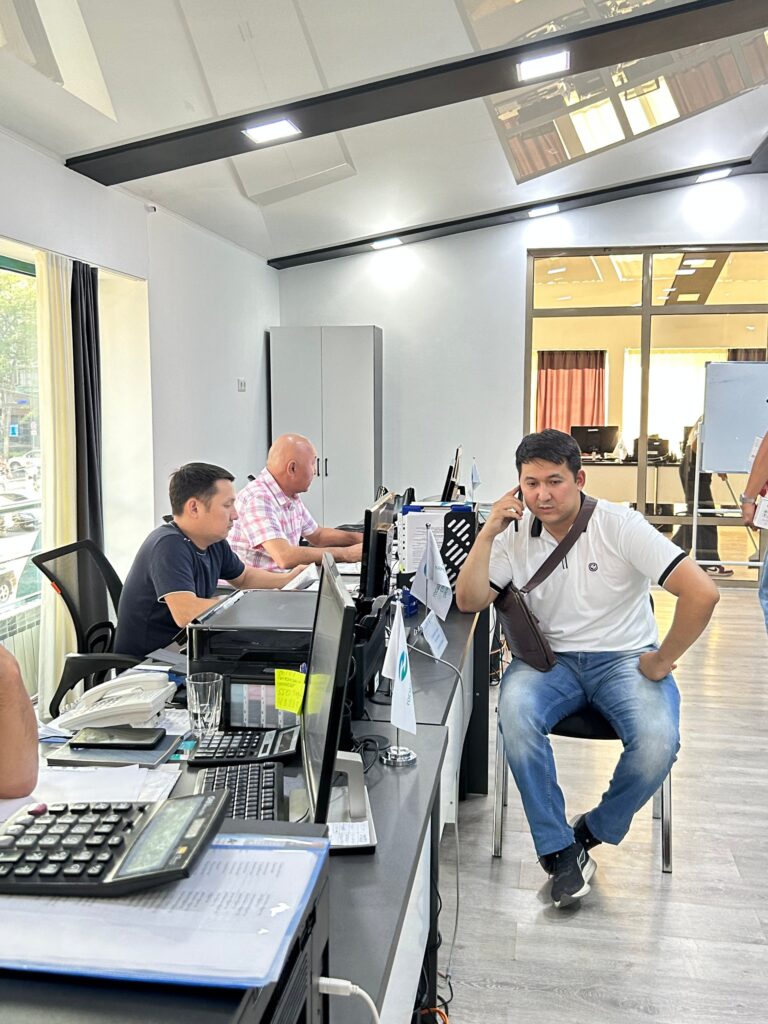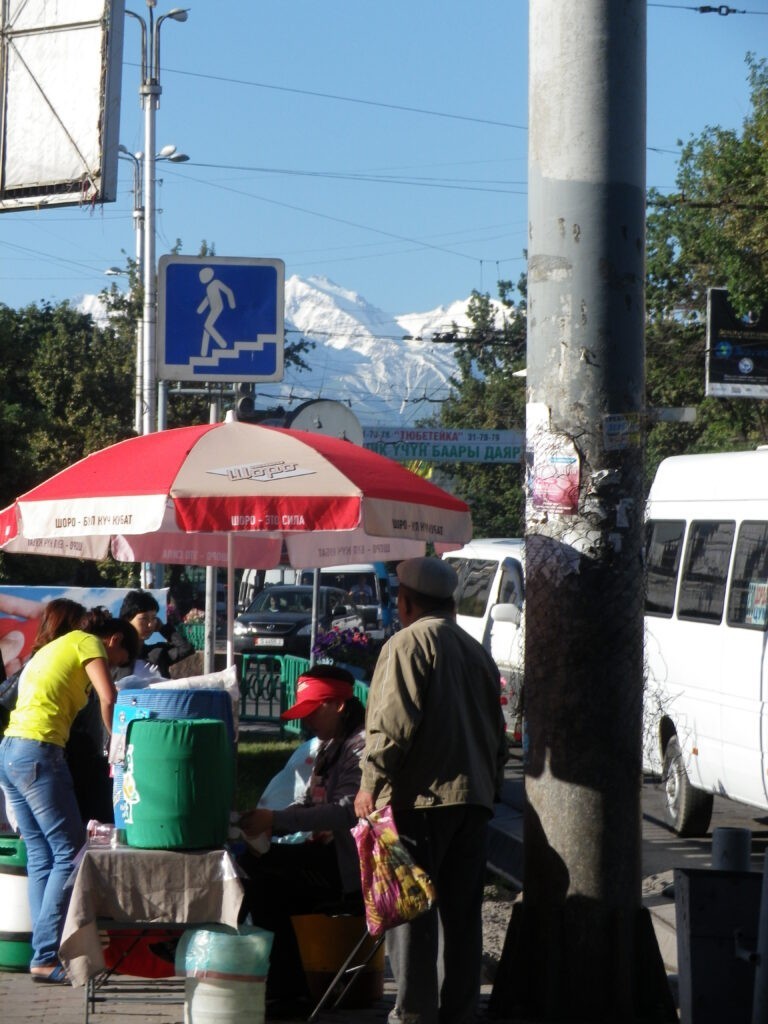NUR-SULTAN (TCA) — At a press conference on May 22, Kazakhstan’s Deputy Minister of National Economy Yermek Alpyssov reported on the development of small and medium-sized businesses in the country and the support measures provided under the state program Business Roadmap 2020, the official website of the Prime Minister of Kazakhstan reported.
The main objectives of the state program Business Roadmap 2020 are ensuring stable and balanced growth of regional entrepreneurship, supporting existing business and creating new permanent jobs.
For the four years of the program, 210.5 billion tenge was allocated from the national budget. These funds made it possible to finance 13 thousand SMEs, train an average of 20 thousand entrepreneurs annually, create 10 thousand jobs, produce goods for 3.3 trillion tenge. The amount of taxes paid amounted to 175 billion tenge annually.
“In general, over the four years of implementation of the program, support was provided to 13,380 projects for 247.1 billion tenge from the national and local budgets,” said the deputy minister.
Most of the allocated funds were used to subsidize interest rates on loans (126 billion tenge, or 60.1% of the total amount). 53 billion tenge, or 25.2%, is aimed at bringing the missing infrastructure to factories, plants and production facilities of SMEs. The rest was directed to guaranteeing loans, providing grants, training, and providing consulting services to entrepreneurs.
As a result of these measures, the importance of SMEs in the economy has increased. So, in 2015, the share of SMEs in GDP was 24.9%, by the end of 2018 — 28.3%.
At the end of 2018, the output of SMEs amounted to more than 26 trillion tenge.
As of Jan. 1, 2019, the number of small and medium-sized businesses was 1.2 million. Compared with the same period last year, this figure grew by 8.3%.









